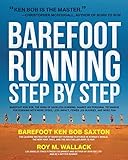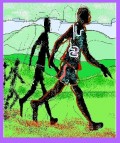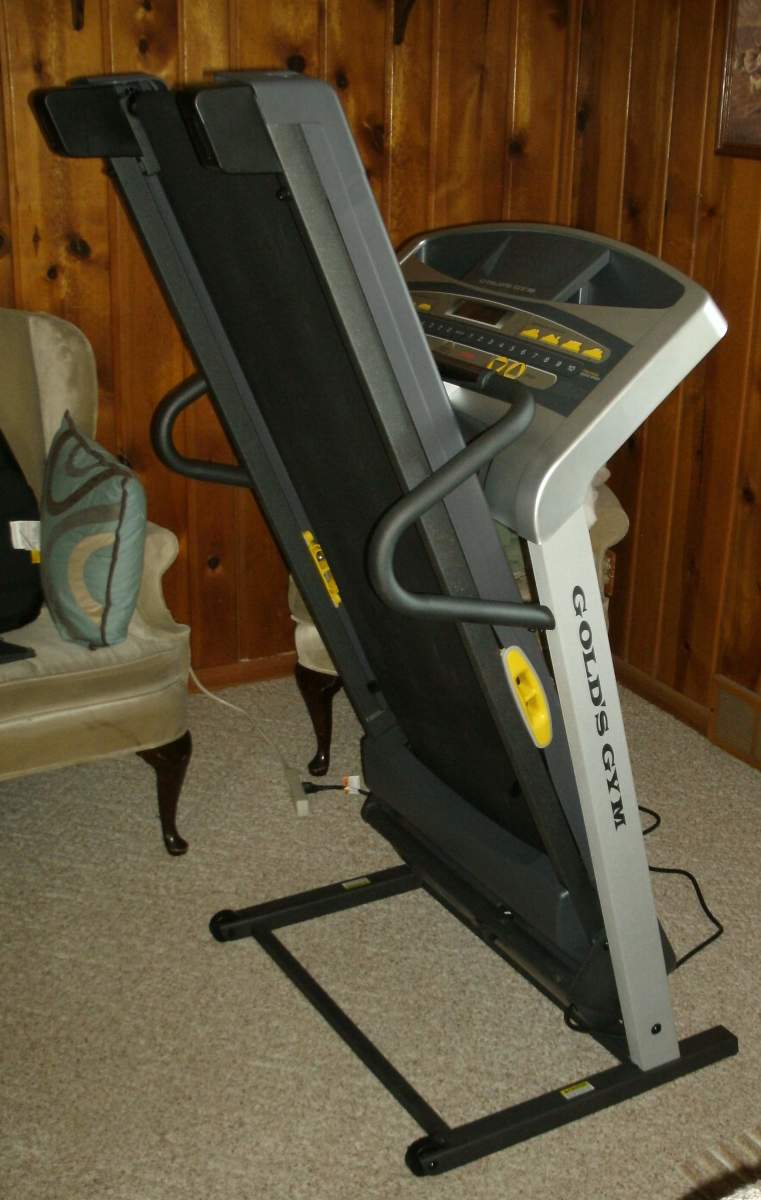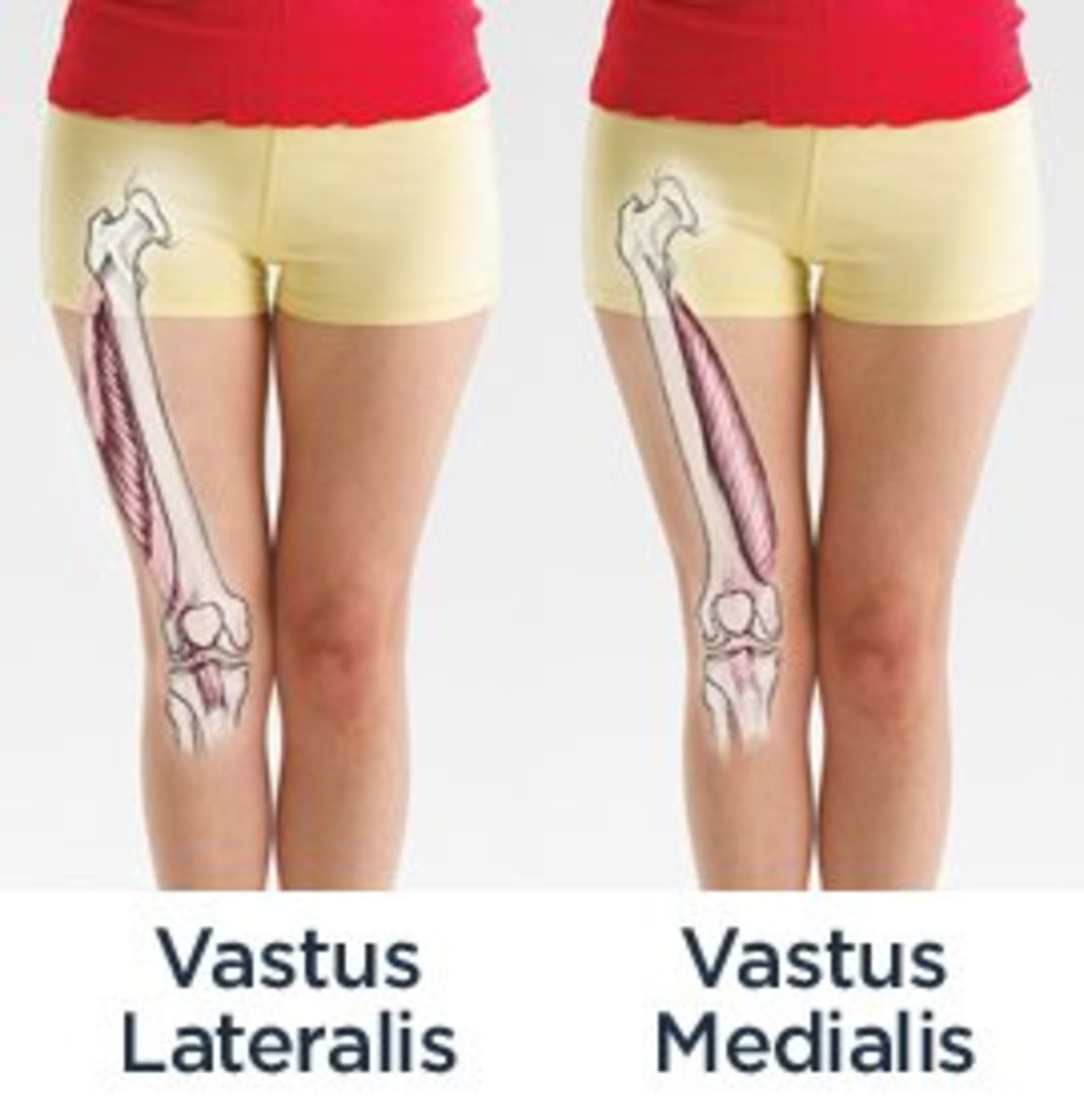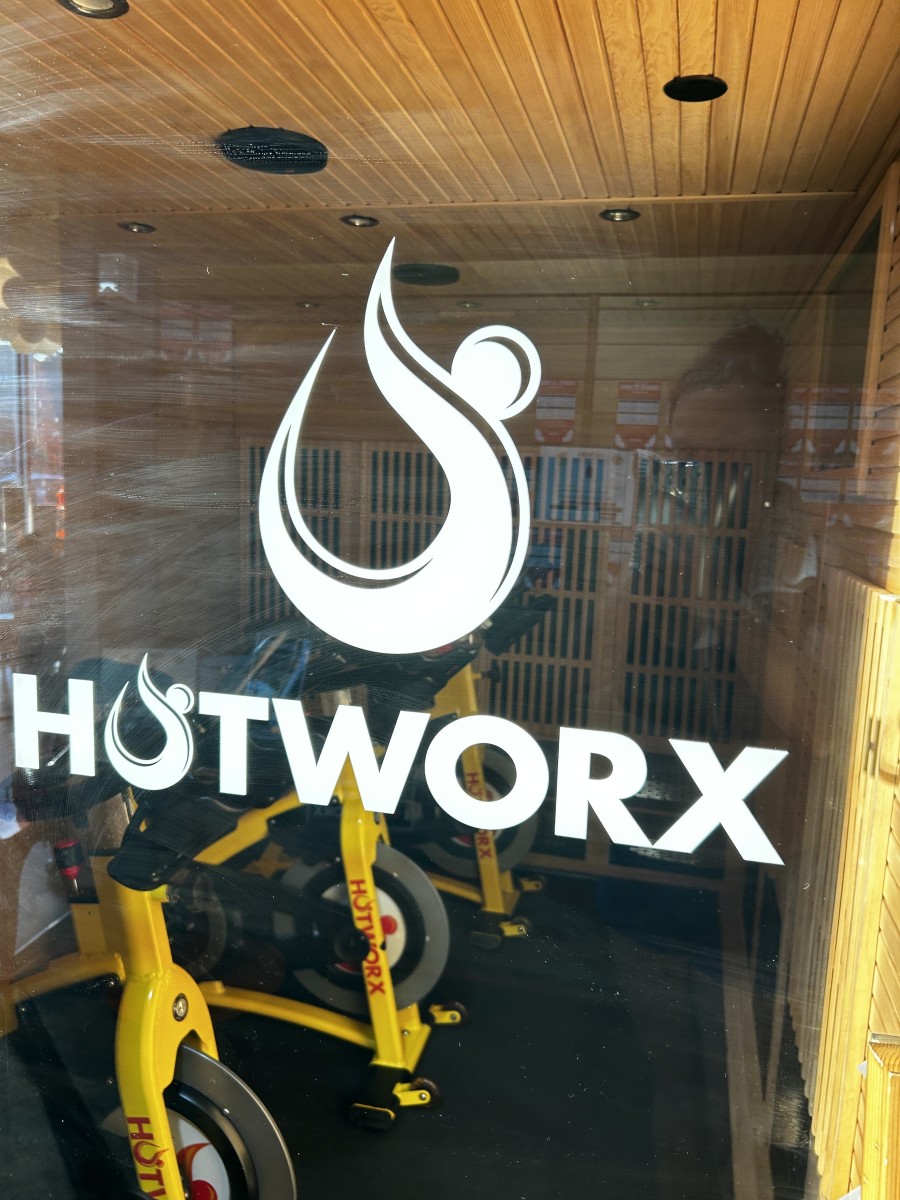5 Tips For Better Marathon Running
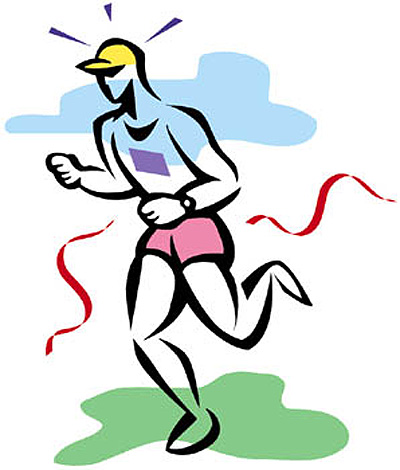
5 Tips To Better Running
There are as many reasons to run a marathon as there are marathoners. But running from start to finish, to survive to the end is at the core of every marathon experience. Preparing for a marathon, is no easy thing to do and should never be taken lightly.
However, if you have a desire and an urge to run a marathon or to improve on your performance as a marathoner then there are some basic tips you, indeed all runners, could use in order to become a better, faster, safer marathoner.
1. Build Your Base
Building a base is without question the most important area a runner should focus upon prior to doing any kind of long distance running. Its actually not hard to build a base. Start with proper nutrition. Yes eat properly and you will give your body the energy it needs to run longer distances. You also need to prepare your body for running. Properly stretching and warming up is a big key.
Never run when your body is cold and tight. It is the fastest way to injure yourself and thus put a promising long distance running career on hold or end it all together.
2. Build Your Mileage
Build up your mileage so that you are running three or four days a week. If you have to start with a mile then that is where you start. But make goals to build up that range by at least a mile per week. So even if you start at zero, by the time week 6 rolls around you will doing 6 miles three or four times per week.
Build up to doing about 15 miles three or 4 times per week. Once you hit 15 miles, then you may think about testing your legs and lungs in shorter 5k or 10k races. Getting some short race experience is good preparation for your long distance marathon run and it will get you excited to continue your training.
3. Proper Running Gear
Yes, you need proper running equipment and you should not skimp in this area. Believe it or not, some people think it is great to run barefoot or in what are called sock-shoes. These are rubberized cloth socks with toes much like a glove has fingers for your hands. If you wish to run barefoot or near barefoot, you need to start slow and test the waters first. Run on grass and sandy beaches to strengthen your feet, ankles, tendons and calves for such running.
If barefoot running is not for you, then by all means find a good sporting goods store with knowledgeable clerks who know how to fit your foot properly. Good shoes are not found at your local discount department store. After all, its your feet and legs we are talking about here. A bad pair of running shoes can also cause lower back pain, cramps, shin splints and a host of other body ailments. Don't skimp on the footwear.
4. Drink Fluids for Maximum Endurance
You need to keep your body hydrated when you run. But you cannot just drink during your run in order to keep your body properly hydrated. This is something you have to do every waking moment. Drink at least 8 to 10 glasses of water per day, every day. Even on the days you do not run.
You body uses water to assist in metabolizing food for energy. Plus water helps your body eliminate waste from your system. If you don't eliminate the waste it can get trapped in muscle tissue, in your joints, in your organs and this can lead to pain even some kinds of diseases. So drink plenty of water.
Leave the sugary drinks like soda and non-natural fruit juices alone. Besides you won't miss them after a couple of weeks and after a couple of months you will find that you have lost a taste for the highly sweetened drinks and you will prefer water and all natural fruit juices.
5. Do Something Everyday - Be Consistent
Even on the days you are not running you need to keep your goal in mind. If you chose a schedule to run every other day like many runner do, then on your off running days you can do things that allow your body to rebuild. Stretching every day is a very good thing.
Stretching helps your muscles relax and it helps to clear waste material from their fibers. Thus stretching can reduce inflammation and sourness that may come from running. Also stretching helps you become more limber and will reduce the chance of injury while you are running.
Throwing in a day or two of weight training using either your own body weight or free weights is also a good idea. But don't overdo it. You are not trying to build huge muscle, just strengthen and tone your muscle to allow it run farther and faster. Best results are achieved by doing exercises that utilize you own body weight only.
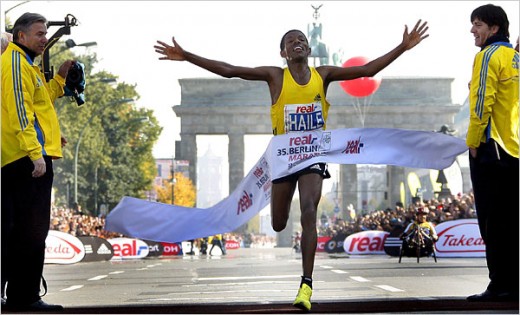
Bonus Tip for Extreme Success
One of the best tips for you to get is to just be kind and positive to yourself. Talk to yourself. Talk to yourself before your run, during your run and after your run. Keep praising and congratulating yourself for a job well done. Believe me it goes a very long way and helps to motivate you to reach that next goal.
Running is all about a series of goals. You have to keep your eye on those goals. Just remember to start from where you are, even if you have never run a block in your life, you can start today. Take it slow, take it easy, listen to your body and set goals and then strive to reach those goals.
Before you know it, you will be running a marathon or two and you may even find yourself finishing near the top.
Final Thoughts
These training tips will work for anyone who likes to run. You don't have to do a full marathon to benefit from these tips. You can do local 5k or 10k runs or races. You could run for a charity. You could just run for the pure enjoyment of it.
But as with any exercise, you need to listen to your body. The term, "no pain, no gain" is not true or even accurate. If something hurts, stop running until it heals or you get medical attention. It is OK to push your limits a little and "feel the burn" but if you injure yourself, then stop running. No need to increase the damage, especially if it will mean you wont be able to run.
And, it is OK to walk. Yes, if you are trying to run a mile but you just can't do it, then it is OK to walk the rest of the way. Build your endurance slowly, you can't train for a full marathon in a month starting from scratch. Be consistent and logical with your training. In about a year, with consistent, well planned training you should be able to safely run a full marathon and finish it.
After every run, you should fully stretch. Yes, AFTER your run. This increases your ability to stretch safely as your body and muscles are warm thus your risk for injury is much less. Plus stretching tends to weaken muscles before you work them. Do so after your run does not seem to have the same effect of strength reduction. Plus you will be able to stretch farther and your chances of future injury will be greatly reduced. Stretch your entire body not just your legs.
If you like this article, please tell others. Put some of your tips and successes in the comments section below. If you have questions, don't hesitate to ask them. And if you enjoyed or found this article useful, then check out some of my other articles, too.

